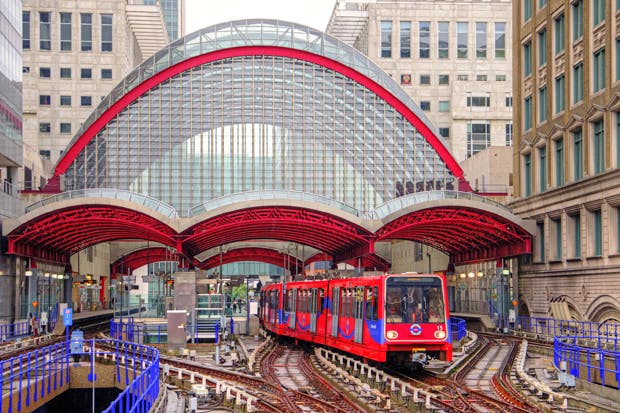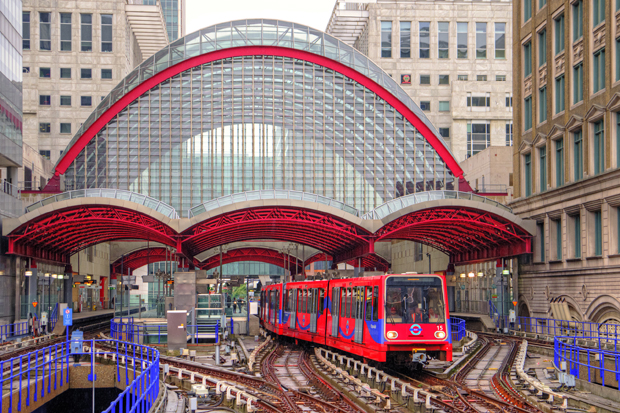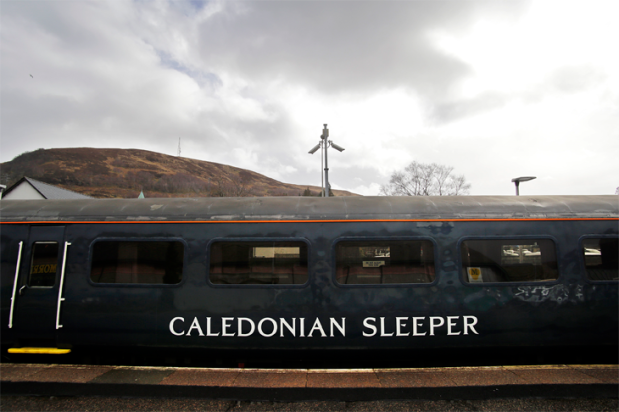Two books to recommend to my fellow transportation nerds: Travel Fast or Smart? A Manifesto for an Intelligent Transport Policy by David Metz, formerly chief boffin at the Department for Transport; and Are Trams Socialist? Why Britain Has No Transport Policy by Christian Wolmar. The first is excellent throughout, the second is excellent right up to the final pages when, as many British transport commentators are liable to do, Wolmar rhapsodises about European approaches to city planning with their ‘bicycle superhighways’ and, yes, those bloody trams. You know the kind of thing: ‘In the Norwegian port of Slartibartfast, all cars are banned from the city centre before midnight, and the high street has been converted into an organic kale farm.’
That aside, both books make excellent and related points. Metz is a proponent of the idea of ‘peak car’. He believes, plausibly I think, that the appetite for motoring has natural limits, and that other factors — growing urbanisation; online shopping; the proliferation of supermarkets; home-working — mean that even if car ownership grows, car use might not. Currently the DfT predicts that use will grow by another 50 per cent in the next 25 years. Like Metz, I don’t buy this. Much of the past growth came about for reasons which won’t be repeated (in 1975, only 29 per cent of British women had a driving licence).
Yet British transport expenditure is apparently based on the principle of ‘predict and provide’. Even if you can ‘predict’ more than a few years ahead, which I doubt, it seems ludicrously passive merely to provide for what you predict. A proper transport policy should aim to change behaviour, rather than just react to it.
But the dumbest part of UK travel planning, which both authors rightly attack, is the use of time savings as the sole economic metric to justify investment. This is so ridiculous that, when I first read it, I refused to believe it. The obsession with speed causes under-investment in infrastructure, since it is difficult to achieve. It also leads you to invest in the wrong kind of thing. The value of good infrastructure lies not in saving people time doing things they’d do anyway, but in allowing them to work and live in places they otherwise couldn’t. The creation of land value is a much bigger deal than time saved.
Simply change this metric and the whole of British transport policy could change for the better. You would have more of the good, inexpensive ideas such as the Docklands Light Railway or the Overground — which create new patterns of behaviour, rather than optimising existing ones. And new, more ambitious ideas would emerge: perhaps reopening the Bletchley line from Oxford to Cambridge via Milton Keynes, thus connecting two of Britain’s intellectual powerhouses to the attractive Cotswolds town of Oxford.
Having worked (disclosure) with the team who proposed the Heathrow Hub, I was intrigued to see what reasons the Davies report gave for rejecting their idea. Rather than a new runway, they had ingeniously suggested extending an existing runway west and spending some of the billions saved on a new transport hub connecting Heathrow, the Great Western Mainline, Crossrail and the M25. The idea was dismissed because ‘it would force trains to Wales and the West to stop at Heathrow, thereby increasing journey times’. What?
As recently as the 1950s, all trains from South Wales stopped at Badminton. This was on the off chance that the Duke of Beaufort might wish to board. So a five-minute delay at one of the world’s major airports hardly seems like an egregious waste of time. And maybe, just maybe, some people don’t want to end their journey in central London. I mean, you never know.
Got something to add? Join the discussion and comment below.
Get 10 issues for just $10
Subscribe to The Spectator Australia today for the next 10 magazine issues, plus full online access, for just $10.















Comments
Don't miss out
Join the conversation with other Spectator Australia readers. Subscribe to leave a comment.
SUBSCRIBEAlready a subscriber? Log in